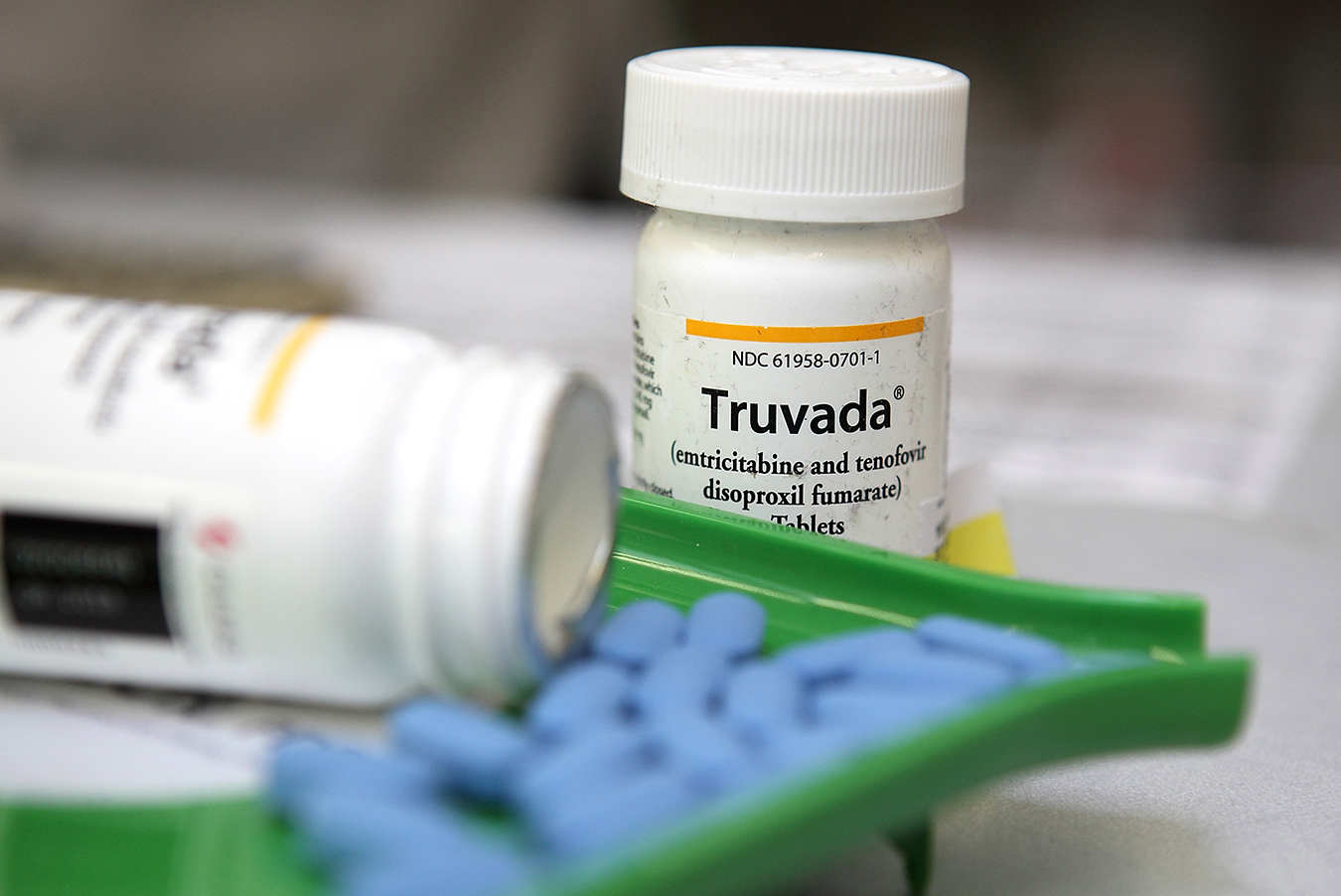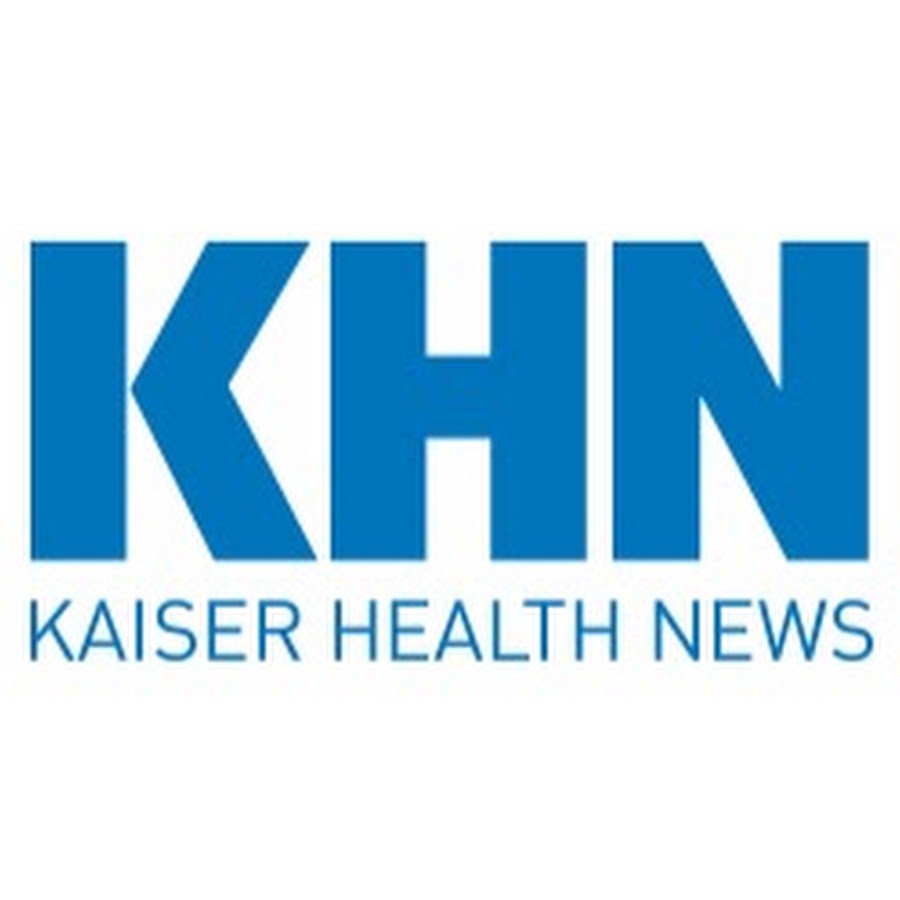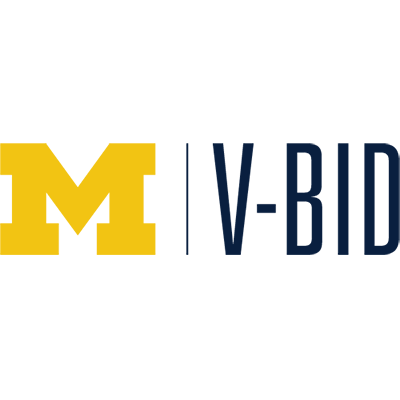

Webinar: 2022 Requests for Applications for the Value-Based Insurance Design Model and its Hospice Benefit Component


Moving Due to Unaffordable Housing May Jeopardize Health Care
A new study from the Cedars-Sinai Medical Center and the University of California, Los Angeles suggests that people who move due to unaffordable housing are at increased risk of failing to receive the medical care they need, potentially leading to long-term health complications. These findings are especially relevant given the financial strains posed by the COVID-19 pandemic.


Many Health Plans Must Now Cover Full Cost of Expensive HIV Prevention Drugs
Starting this month, most health plans must cover pre-exposure prophylaxis (PrEP) for HIV without charging out-of-pocket costs. On June 11th, 2019, PrEP received an “A” recommendation by the U.S. Preventive Services Task Force, and thus HIV PrEP is required to be covered without cost-sharing under Section 2713 of the Affordable Care Act.

Seniors Face Crushing Drug Costs as Congress Stalls on Capping Medicare Out-of-Pocket Costs
Many Medicare beneficiaries with cancer or other serious medical conditions have significant trouble paying for medications. Medicare Part D drug plans have no cap on patients’ 5% coinsurance costs once they hit $6,550 in drug spending, and the affordability problem is heightened for specialty drugs to treat cancer and other serious diseases. Read more about how V–BID principles can be used to increase the affordability of clinically-indicated therapies.

Drug Wholesale Prices Impact Payer Spending, Out-of-Pocket Costs
A report in JAMA shows drug wholesale list prices doubled from 2010-2016, which led to increases in payer spending and out-of-pocket costs for patients. Rising drug prices raise concerns that patients will be unable to afford their prescriptions, leading to potential increases in cost-related nonadherence and negative health outcomes. Learn more about the effects of consumer cost-sharing for medications from our Drug Cost Iceberg.

The $1 Trillion Health Care Problem That's Jacking Up Americans' Medical Bills - And How You Can Fight It
Americans consume too much health care, boosting the nation’s annual medical bills by $750 billion to $1 trillion. Much of this is wasteful or unnecessary care that could potentially harm patients. In order to reduce low-value care, shifts in patient and provider culture and plan benefit designs will be needed.
Please Help Support the V-BID Center
As a non-profit entity, the V-BID Center relies on fundraising to support our research, education, and policy efforts. Please help us continue our work by donating here. We truly appreciate your consideration.


